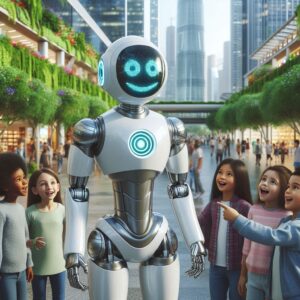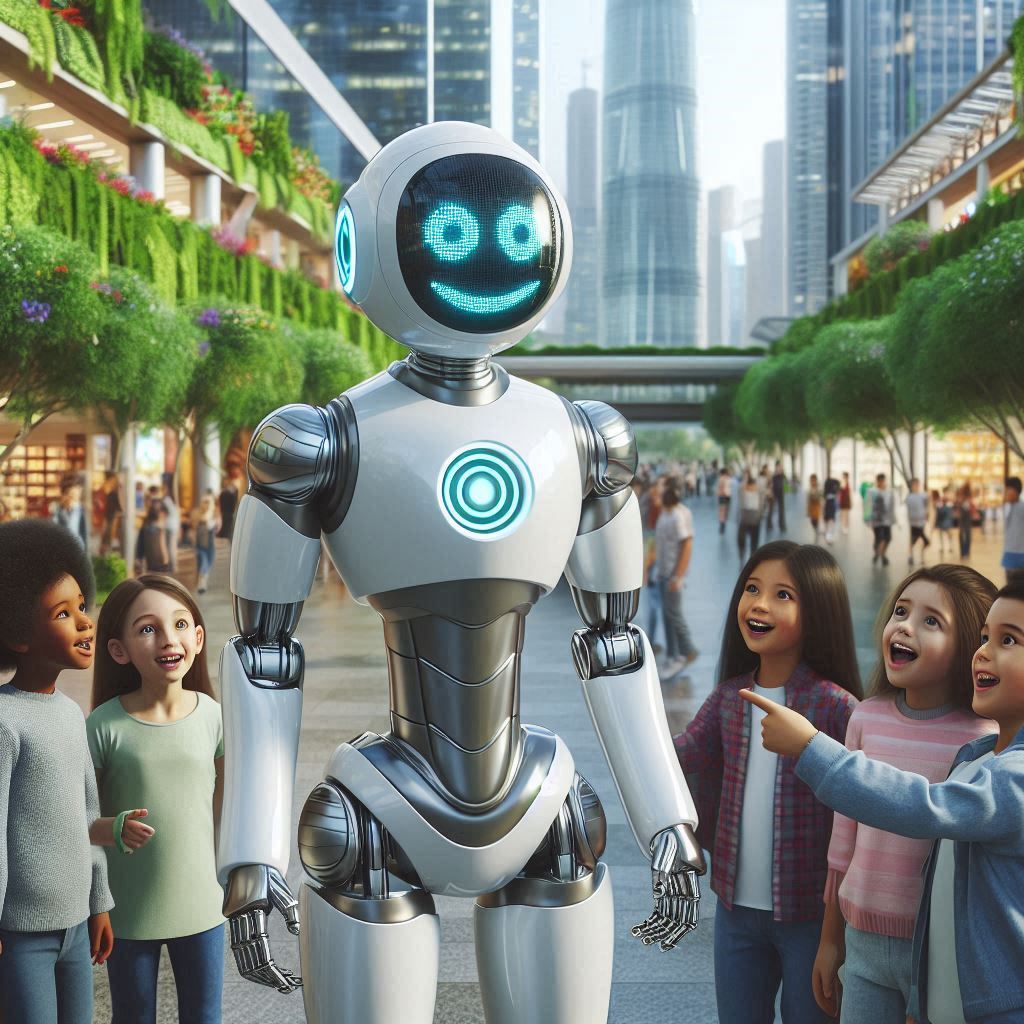Artificial Intelligence (AI) is no longer a futuristic concept; it’s becoming an integral part of our daily lives. From voice assistants like Siri and Alexa to AI-powered recommendations on streaming platforms like Netflix and YouTube, the technology is shaping how we interact with the world around us. But how exactly is AI changing our daily routines, and what does the future hold?
AI in Communication
One of the most noticeable impacts of AI is in communication. Virtual assistants have evolved to not only perform simple tasks like setting reminders but also engage in more complex conversations. AI-driven chatbots are now used in customer service to quickly resolve inquiries, often without human intervention. These advancements have made communication faster, more efficient, and less dependent on human resources.
AI in Healthcare
In the healthcare industry, AI is revolutionizing diagnostics and patient care. Machine learning algorithms can analyze medical images to detect diseases like cancer more accurately and quickly than traditional methods. AI is also helping doctors and medical professionals make more informed decisions by providing them with predictive analytics based on patient data. Additionally, AI-powered robots are assisting in surgeries, making procedures more precise and minimally invasive.
AI in Transportation
Self-driving cars are perhaps one of the most exciting applications of AI. Companies like Tesla and Waymo are leading the way in developing autonomous vehicles that could revolutionize transportation. AI in these cars analyzes data from sensors and cameras, enabling the vehicle to navigate safely without human input. While fully autonomous cars aren’t yet mainstream, they are steadily progressing, with some already on the road in certain cities.
AI in Entertainment
AI is not just transforming industries like healthcare and transportation; it’s also changing the entertainment landscape. Platforms like Spotify and YouTube use AI to analyze user preferences and recommend content that aligns with individual tastes. This personalized experience makes it easier for users to discover new music, videos, and other forms of entertainment. Additionally, AI is being used to create realistic CGI effects in movies and video games, making them more immersive than ever before.
Ethical Considerations
While AI presents countless benefits, it also raises several ethical questions. As AI systems become more advanced, the potential for job displacement due to automation increases. There are also concerns about privacy, as AI systems collect and analyze vast amounts of personal data. Striking a balance between innovation and ethical responsibility is essential to ensure that AI remains a force for good in society.
Conclusion
The integration of AI into daily life is transforming the world in exciting ways. From improving healthcare outcomes to revolutionizing entertainment and transportation, AI is pushing the boundaries of what’s possible. However, as with any powerful technology, careful consideration of its ethical implications is crucial. As AI continues to evolve, it’s clear that its influence will only grow, making the world smarter, more efficient, and more connected.








1